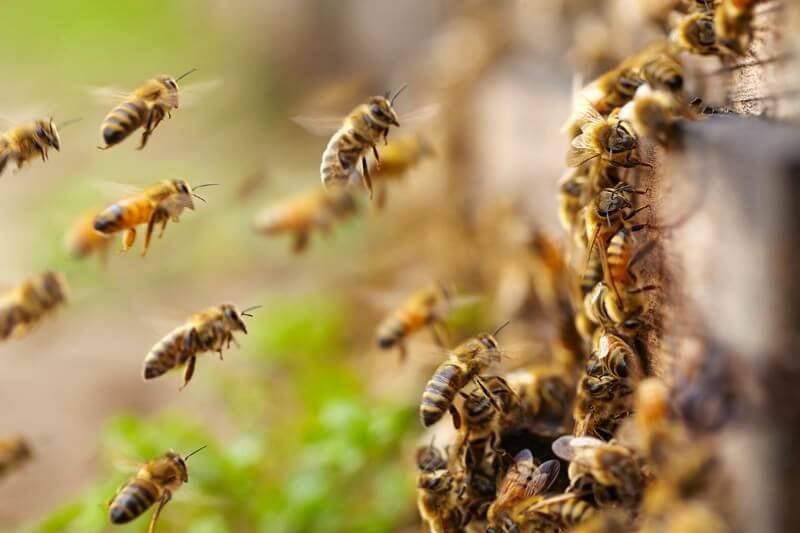The [Canadian] federal government has proposed tighter restrictions around two insecticides that are harmful to bees, but stopped short of an all-out ban.
Health Canada announced new mitigation measures [Tuesday, Dec. 19] on the neonicotinoids clothianidin and thiamethoxam, pesticides which are sold as seed treatment or sprays to protect agricultural crops from various insects.
Under proposed changes, the product will be banned from some uses such as orchard trees or strawberry patches.
Restrictions are on the way for other uses such as on berries and legumes.
New measures will also require new labelling for seed treatments, which will still be permitted.
“Scientific evidence shows that with the proposed restrictions applied, the use of clothianidin and thiamethoxam does not present an unacceptable risk to bees,” said Margherita Conti, an official with Health Canada’s pest management regulatory agency.
But environmental groups say the new measures fall short of what’s needed to protect pollinators and ecosystems.
…
Deborah Conlon, a representative of the Grain Growers of Ontario, said measures already implemented, including labelling changes, have led to a decrease in bee mortality.
She called it “good news” that growers will be able to use the products to protect their crops because an all-out ban could have a big financial impact on farmers.
“Insects cause damage, and that impacts yield,” she said.
Read full, original post: New limits, but no all-out ban on pesticides that harm bee population































